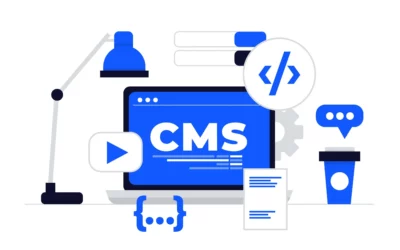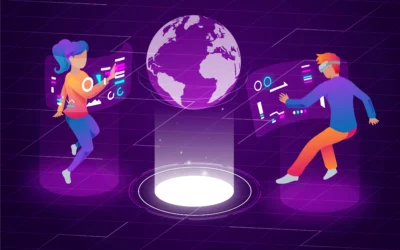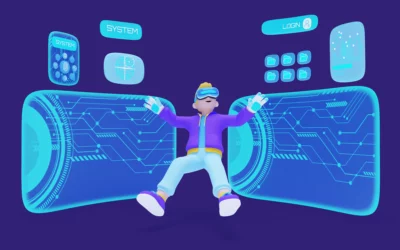Introduction
The realm of technology is undergoing a paradigm shift, and at the heart of this transformation lies the Internet of Things (IoT). As devices around us become smarter and more connected, the role of software development in shaping this interconnected landscape becomes paramount. Let’s delve into the world of IoT and explore how software development is not just creating applications but forging connections that redefine our daily lives.
The Internet of Things, often abbreviated as IoT, represents the convergence of the digital and physical worlds. It involves connecting everyday devices to the internet, enabling them to send and receive data. From smart home appliances to industrial machinery, the possibilities are vast, and software development is the key that unlocks this potential.
The Foundation: Embedded Systems and Microcontrollers
At the core of IoT development are embedded systems and microcontrollers. These tiny, specialized computers power IoT devices, handling tasks from data processing to communication. Software developers working in the IoT space need a deep understanding of these components to create efficient and optimized code for resource-constrained environments.
Connectivity: Bridging Devices and Cloud
IoT devices thrive on connectivity, and software plays a pivotal role in ensuring seamless communication. Protocols like MQTT and CoAP facilitate efficient data exchange, while APIs and middleware act as bridges between devices and the cloud. Cloud platforms, such as AWS IoT, Azure IoT, and Google Cloud IoT, provide the infrastructure for managing and analyzing the vast amounts of data generated by IoT devices.
Security Challenges: Safeguarding the Connected World
As IoT expands, so do security concerns. Software developers in the IoT domain face the challenge of implementing robust security measures. Encryption, authentication, and secure coding practices are essential components to protect against cyber threats. The interconnected nature of IoT makes it crucial to address security comprehensively at both the device and network levels.
Edge Computing: Decentralized Processing Power
To alleviate the burden on central servers and reduce latency, edge computing has emerged as a critical concept in IoT. Software developers design applications to process data closer to the source, within the IoT device, or at the edge of the network. This approach enhances real-time processing capabilities and reduces dependence on constant internet connectivity.
Application Development: Crafting User-Centric Experiences
While the underlying infrastructure is vital, the end-user experience is equally important. Software developers create applications that allow users to interact with and control IoT devices effortlessly. Intuitive user interfaces, responsive design, and cross-platform compatibility are considerations that shape the development of IoT applications.
Industry-Specific Solutions: From Healthcare to Smart Cities
The impact of IoT extends across various industries. In healthcare, IoT devices monitor patient vitals; in agriculture, they optimize irrigation based on weather conditions. Smart cities utilize IoT for traffic management and energy efficiency. Software developers specializing in IoT contribute to these industry-specific solutions, tailoring applications to meet diverse needs.
Conclusion: Orchestrating a Connected Symphony
As we stand at the crossroads of the digital and physical realms, software development emerges as the conductor orchestrating a connected symphony. The harmonious integration of devices, networks, and applications defines the success of IoT implementations. In this era of innovation, software developers play a pivotal role in shaping a future where the world is not just connected but intelligently responsive to our needs.





